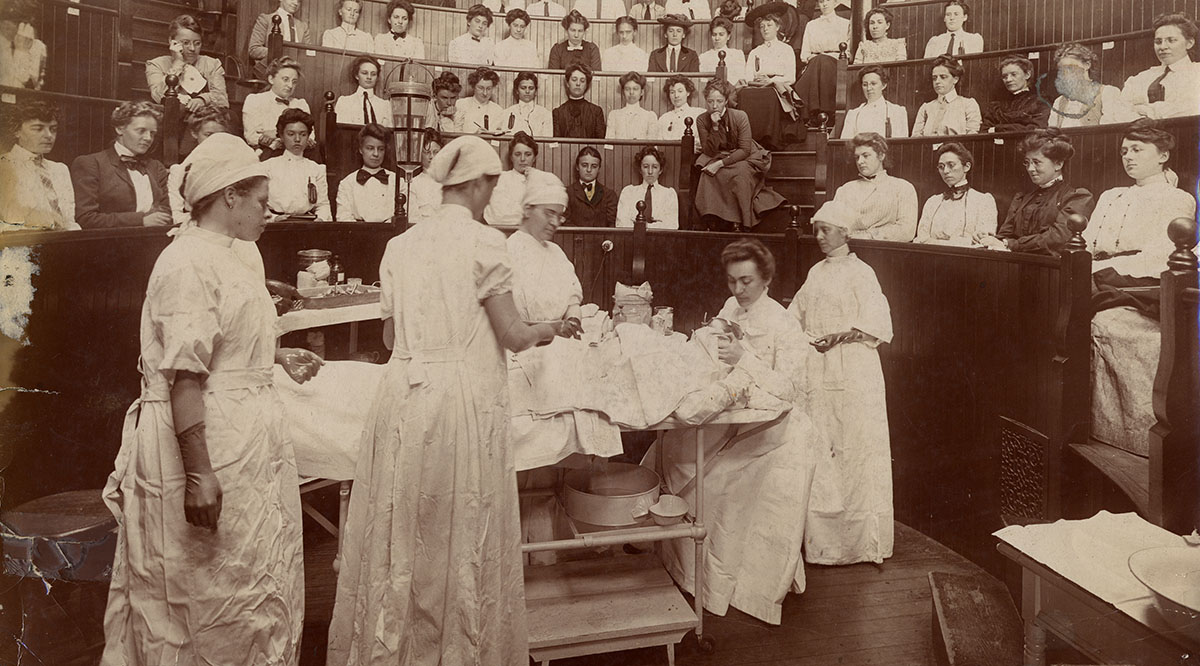
FAQ About Women in the History of Medicine
Women in the History of Medicine
2 years ago | gizem
Who was Gerty Cori, and what were her contributions to medicine?
Gerty Cori (née Theresa Cori) was a renowned American biochemist and physiologist who made significant contributions to the fields of biochemistry and medicine. She was born on August 15, 1896, in Prague, which was then part of the Austro-Hungarian Empire (now in the Czech Republic), and she passed away on October 26, 1957. Gerty Cori is particularly known for her groundbreaking research in carbohydrate metabolism. Here are some of her key contributions to medicine and science:
- Discovery of the Cori Cycle: Gerty Cori, along with her husband Carl Cori, conducted groundbreaking research on carbohydrate metabolism. They elucidated the enzymatic pathway known as the Cori cycle, which describes the conversion of glycogen (a storage form of glucose) to glucose in the liver and its release into the bloodstream to provide energy to various tissues, including muscles. This cycle is crucial in understanding energy metabolism and the regulation of blood glucose levels.
- Identification of Enzymes: The Coris identified and characterized several key enzymes involved in carbohydrate metabolism, including glycogen phosphorylase and glucose-1-phosphatase. Their work contributed to a deeper understanding of how these enzymes regulate glycogen breakdown and glucose production.
- Nobel Prize in Physiology or Medicine: In 1947, Gerty Cori, along with her husband Carl Cori and Argentine physiologist Bernardo Houssay, was awarded the Nobel Prize in Physiology or Medicine for their groundbreaking research on carbohydrate metabolism. Gerty Cori was the third woman and the first American woman to win a Nobel Prize in a scientific field.
- Trailblazing for Women in Science: Gerty Cori's achievements and recognition as a Nobel laureate served as an inspiration to countless women pursuing careers in science and medicine. Her success challenged the gender biases prevalent in the scientific community.
- Academic and Research Career: Gerty Cori had a successful academic and research career. She held faculty positions at institutions such as Washington University in St. Louis, where she and her husband conducted their groundbreaking research. She also served as the chair of the Department of Biochemistry.
- Legacy in Medical Research: Gerty Cori's research on carbohydrate metabolism continues to be fundamental to the understanding of metabolic diseases like diabetes and glycogen storage diseases. Her work has had a lasting impact on the fields of biochemistry and medicine.
